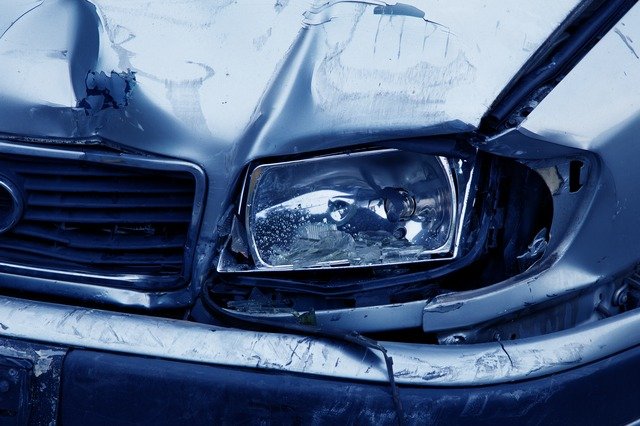3 FAQs About Out-of-State Car Accident Claims

Car accident claims are never simple nor straightforward, but those involving out-of-state drivers always have an added layer of complexity. Whether you were hurt in a collision while on vacation in Florida or you’re a Florida resident who was hurt while on vacation elsewhere, here’s what you should know about taking action against those who are liable:
1. Do Fault or No-Fault Laws Apply to Out-of-State Accidents?
Generally speaking, the laws in the state where the accident occurred will apply to any subsequent tort proceedings. That means when wrecks occur in Florida, all the motorists who were involved must abide by the no-fault system, even if they happen to live in a state with a fault-based system.
Under Florida’s no-fault system, everyone is responsible for their own damages, regardless of the role—or lack thereof—they played in the incident. For this reason, all Florida drivers are required to purchase personal injury protection (PIP) coverage.
If you were involved in a collision while on vacation in Florida and you don’t have PIP coverage because your own state doesn’t require it, you may be able to secure compensation through your underinsured motorist (UM) coverage. You may also be able to bypass the no-fault system and hold the liable party financially accountable if you meet the state’s serious injury threshold. The Sunshine State considers an injury “serious” if it results in significant and permanent damage, scarring and disfigurement, or death.
2. Are Punitive Damages Recoverable in Out-of-State Accidents?
Most states allow for the recovery of punitive damages when the liable party’s conduct constituted gross negligence or intentional misconduct, and Florida is one of them. If you were struck by a drunk driver while on vacation in Florida, for example, you could likely seek a punitive award in addition to the standard compensatory damages.
If, on the other hand, you were involved in a drunk driving accident in a state where punitive damages are not typically awarded, you probably won’t be entitled to them, even if you happen to reside in a state that does award them.
3. Does the Federal Government Ever Have Jurisdiction Over Car Accident Claims?
As mentioned above, car accident claims are almost always governed by the laws in the state where the incident occurred. An exception applies, however, to cases that result in significant damages. If the plaintiff does not share a home state with any of the defendants, the federal court can step in and oversee the case.
This is called the rule of diversity jurisdiction, and it only applies to claims in which the plaintiff is seeking more than $75,000 in damages.
Discuss Your Case with a Car Accident Attorney in Stuart
At Donaldson & Weston, we’re proud to help both residents and tourists navigate complex legal proceedings in the state of Florida. If you were seriously hurt in a wreck through no fault of your own, we’ll help you take the steps needed to pursue compensation for all associated damages.
Our tireless team has secured more than $100 million for our valued clients. To schedule a free case review with a car accident lawyer in Stuart, fill out our Online Contact Form or call 772-266-5555.
